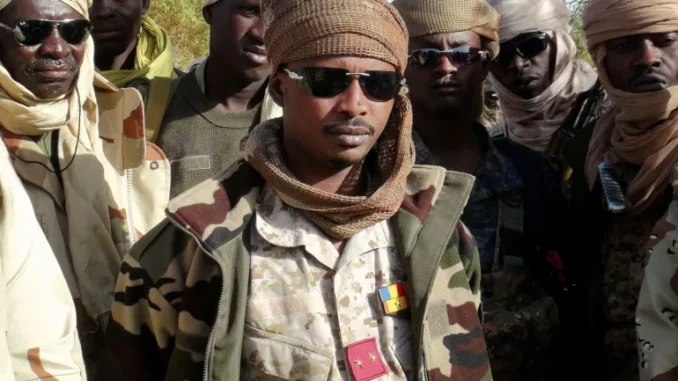
Chad recently conducted its much-anticipated presidential election following a prolonged period of military rule under interim President Mahamat Deby Itno, whose victory was widely anticipated by analysts. Deby Itno ascended to power following the death of his father, who had ruled for three decades, and his government extended the transition period by two years, triggering nationwide protests. Despite boasting ten candidates, including a female contender, on the ballot, the country, with its nearly 18 million population, has not experienced a fair transfer of power since gaining independence from French colonial rule in 1960.
The election’s legitimacy has been questioned, particularly in light of the mysterious death of a prominent opposition figure, Yaya Dillo, in February, and the limited accreditation granted to observers. Chad, a crucial ally to both the US and France in the Sahel region, faces significant challenges, including concerns about instability, migration, and terrorism, with the renewed threat of Boko Haram looming large.
The voting process was marred by incidents of violence, resulting in at least two fatalities, casting a shadow over the election’s credibility. However, despite these challenges, analysts predict Deby Itno’s victory due to the sidelining or co-opting of key opposition figures and the alignment of critical electoral institutions with his supporters. Preliminary results are expected to be announced on May 21, with a potential runoff scheduled for June 5 if no candidate secures a decisive victory.
